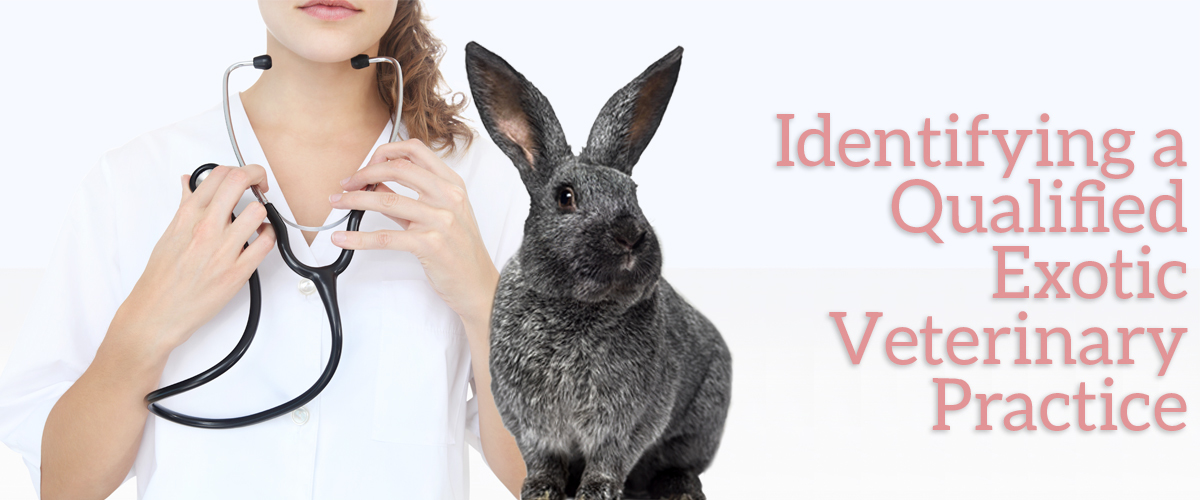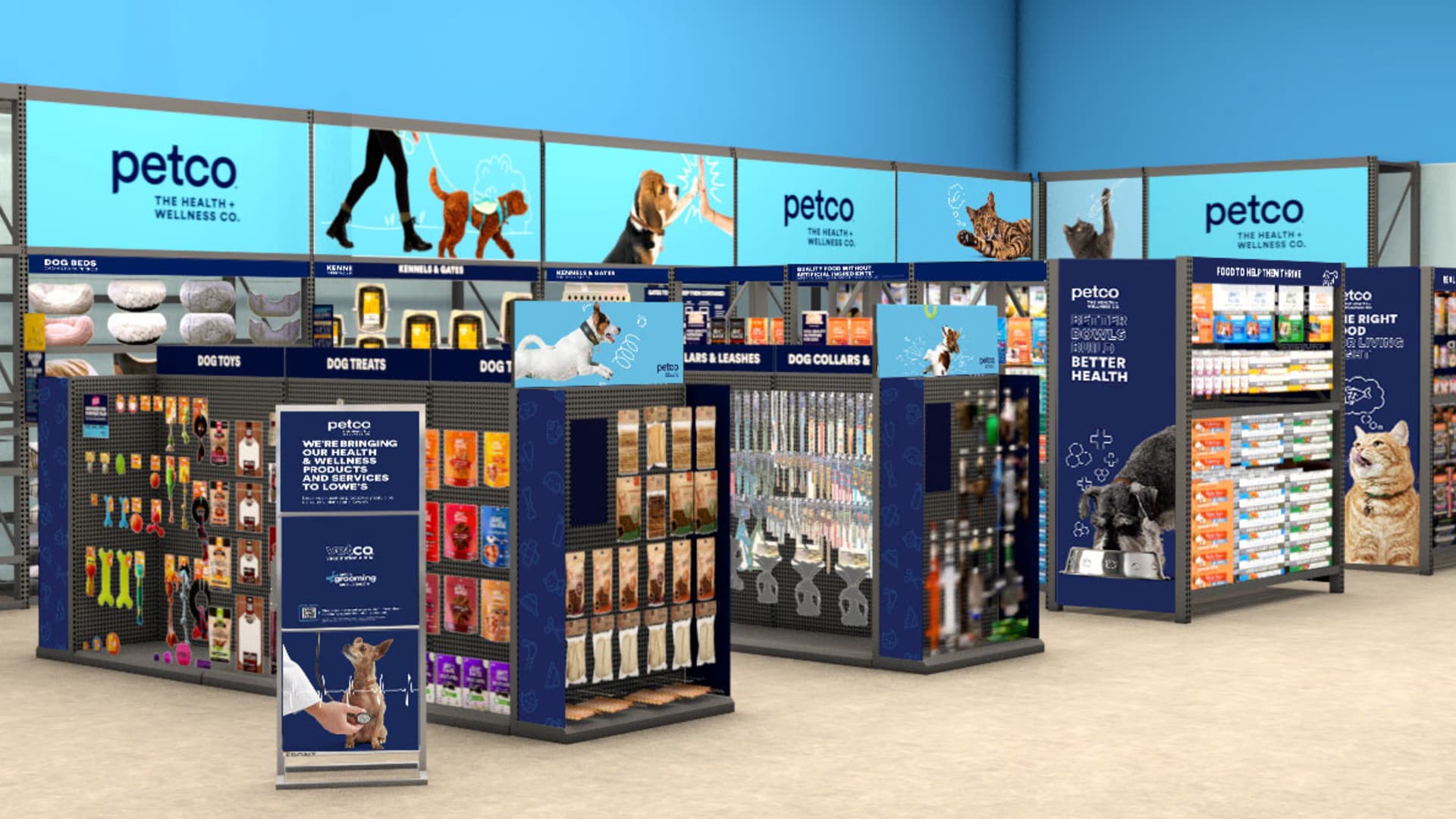
If you own a cat, you should consider getting cat insurance for your feline friend. This insurance covers many of cat's common problems, including injuries and health problems. Some policies will not cover certain conditions while others may cover more serious issues. Make sure you understand the coverage before you buy a policy.
Embrace offers complete coverage
Embrace offers comprehensive coverage for pets, including cats and dogs. The policy pays for a variety of common procedures and services, including x-rays, MRIs, and allergy testing. The policy also covers specialized services such as physical therapy and acupuncture. These procedures and services are all covered by the policy. However, Embrace does NOT cover harmful or unethical treatments or procedures.
Embrace offers several plans including an accident-only plan and one that covers accident-illness. The accident-only policy, for example, covers emergency injuries caused by a car collision. The plan's $5,000 annual limit is a good starting point for most customers. The plan also features customizable deductibles, reimbursement percentages, and annual coverage limits. Customers can also request a sample quote online.
Prudent offers accident-only insurance
Accident-only cat coverage is the cheapest and covers hospitalizations, bit wounds, and broken bones. However, you should note that this policy will not cover illnesses or prescription medications. The Essential Plan will cover these expenses. This plan pays for up to $10,000 in medical bills for both your cat and you. It also covers up to $250 for behavioral treatment.

Flexible terms are available through the company's policy, which allows you to choose your preferred annual limit, reimbursement rate and deductible amount. Prudent also offers an accident-only option that covers emergency injuries, but only after a waiting period of five days.
Figo offers a 30-day money back guarantee
Figo offers a 30 day money back guarantee on their cat insurance policy unlike other insurance companies. Its claims process is fast - in seven to 10 days, on average - and it doesn't cap payments by condition. Figo has a 30-day guarantee of money back and a variety to power up the system for pet parents. These powerups include extra care packages, wellness features, reimbursement of veterinary exam fees, and additional care packs. A form that your veterinarian provides can be used to waive your waiting or deductible.
Figo offers pet coverage for both dogs and cats. It is available online and is located in Chicago. The company, which was established in 2013, is a cloud-based provider that offers pet insurance services. Software from the company combines comprehensive insurance coverage with customized healthcare packages. It also offers geo-targeted and social services for pet owners. It recently added wellness services to its offering.
Lemonade cannot offer coverage for preexisting conditions
Lemonade is an innovative health insurance startup that offers policies via an app. Instead of having agents sell policies, the company relies on artificial intelligence and other technologies to make the process as simple and fast as possible. It offers low premiums and is simple to use. It currently offers health coverage in California, Florida, Louisiana and Tennessee.
While Lemonade doesn't offer coverage for existing medical conditions, they do cover some procedures that other insurers might not. They also offer a variety insurance policies for accident and wellness. You may not be eligible for routine care because these policies aren’t comprehensive.

Prudent offers a unique Healthy Pet Deductible
Prudent Cat Insurance has several plans available for both cats and dogs. The insurance covers all expenses, including routine care and veterinary exam fees. The company is an associate member of the Better Business Bureau. It offers a free sample policy and has an A+ rating. All 50 states and District of Columbia are covered by its insurance policies. It also offers a 15% discount on premiums.
Some policies let you choose a pet deductible. You can choose either a per–condition deductible, or an annual one. The most common type of coverage is the annual deductible. An annual deductible, which is a fixed amount you must meet each calendar year in order for your insurance company to pay you, is the most common type of coverage. Per-condition or lower deductibles mean that you do not have to meet the entire deductible for each condition.
FAQ
What amount should I spend on my pet?
One good rule of thumb: Budget around $200-$300 per Month.
However, this varies depending on where you live. In New York City for instance, the average monthly spending would be $350.
Rural areas may require you to spend only $100 per month.
It's important to remember that you should buy quality items such as a collar, leash, toys, etc.
It is worth considering purchasing a crate to protect your pet. This will keep your pet secure during transport.
There are three things you should consider before buying a cat.
These are some questions you should ask yourself before buying a cat.
-
Does the cat have any health issues?
-
Will the cat eat all my food?
-
Do I want a cat to love cats or just a pet?
How to feed your pet?
Cats and dogs eat four times per day. Dry kibble is used for breakfast. Lunch is usually some sort of meat like chicken or beef. Dinner usually includes some kind of vegetable like broccoli or peas.
Cats have different dietary needs. Canadian foods should be part of their diet. These include chicken, tuna fish, salmon and sardines.
You pet might also like to eat fruits and vegetables. But, your pet shouldn't eat them too often. Cats can get sick from overeating.
Your pet should never be allowed to drink water straight from the faucet. Instead, allow him to drink from a bowl.
You should ensure that your pet is getting enough exercise. Exercise will help him lose weight. Exercise keeps him fit and healthy.
You should clean up after your pet is fed. This will prevent your pet from inhaling harmful bacteria.
Don't forget to brush your pet regularly. Brushing removes dead skin cells, which can cause infection.
You should brush your pet at the very least once a week. Use a soft bristle brush. Avoid using a wire brush. This can cause harm to your pet's smile.
When your pet eats, be sure to supervise him. He should be able to properly chew his food. Otherwise, he could choke on pieces of bone.
Avoid letting your pet go to the garbage cans. This can cause health problems in your pet.
Don't leave your pet alone in an enclosed place. This applies to hot tubs, boats, cars, and other enclosed spaces.
What kind of food should I feed my dog?
Your dog needs to be fed a healthy diet.
Chicken, beef, eggs and dairy are some of the protein-rich foods.
Fruits, vegetables, legumes, bread, cereals and pasta are all high in carbohydrate.
Lean meats, poultry and fish are all low in fat, as well as nuts, seeds, whole grains and whole grains.
Before giving your dog different types or foods, it is a good idea to check with your vet.
How to Make Your Pet Happy
Pet owners often wonder how to make their pets happy. Some people buy toys, treats, and even clothes for their pets. However, pets might not enjoy certain things. Some dogs can't stand sweaters.
So, before buying something for your pet, try to figure out why he doesn't like it. You might find that your pet likes different types of food than you. You might find that he dislikes shoes.
Another tip: Play with your pet. A ball or a frisbee are good options. You can throw it around the room. Or you can simply throw it in the air and watch him chase it down. You both will have a lot of fun playing this game. It's fun and relaxing too.
A good idea is to give your pet bathe once a week. Bathing can help remove dead skin cells. And it keeps him smelling nice.
Your pet's overall health is also very important. Do not allow your pet to eat junk food. You should instead feed him quality food. You should also make sure he gets plenty of exercise. Go outside and take him to play fetch or for a walk.
Spending time with you will be a treat for your pet. Many pets will prefer to spend time with their owners, rather than being left alone.
Remember to unconditionally love your pet. Never yell at him. Be patient with your son. And never leave him alone.
What's the best pet?
The best pet is the one you love. There is no correct answer. Each person will have his or her own opinion on which pet is best.
Some people believe that cats are better than dogs. Others argue that dogs are more loyal to their owners and more affectionate. Others disagree and argue that birds make the most wonderful pet.
But whatever type of pet you choose, you must decide what kind of pet suits your personality.
For instance, if you're outgoing and friendly, then a dog would be perfect for you. A cat is the best choice for you if you are shy or reserved.
Consider the size of your house or apartment. A smaller apartment means you'll need a less large pet. On the other hand, a large house means that you'll need more space.
Remember that pets need lots of attention. They require regular food. You should take them for walks. They must be brushed regularly.
If you know all these things, you'll be able to pick the best pet for yourself.
Statistics
- It is estimated that the average cost per year of owning a cat or dog is about $1,000. (sspca.org)
- It's among a relatively few companies that provide policies with a full (100%) coverage option, meaning you are not responsible for any co-payment of bills. (money.com)
- Reimbursement rates vary by insurer, but common rates range from 60% to 100% of your veterinary bill. (usnews.com)
- In fact, according to ASPCA, first-year expenses can sum up to nearly $2,000. (petplay.com)
- * Monthly costs are for a 1-year-old female mixed-breed dog and a male domestic shorthair cat less than a year old, respectively, in excellent health residing in Texas, with a $500 annual deductible, $5,000 annual benefit limit, and 90% reimbursement rate. (usnews.com)
External Links
How To
How to train your cat.
You must first know what type of cat you are before you can train him/her. Cats have complex brains. Cats are highly emotional and intelligent. To ensure your cat behaves well, you need to consider his/her personality. It is important to know how to properly handle your cat.
It is important that cats remain independent. They do not like being told "no". They may become angry if you tell them no. This is why you should never hit your cat when he/she does something wrong. Although your cat deserves love and affection from you, it doesn't mean that you should treat him/her as a human being.
If you suspect that your cat may have some issues, then it is best to work together to fix them. Try to talk to him/her calmly and gently. Do not yell at him/her. You can make him/her feel worse by shouting at you. Also, you cannot force your cat to eat. Sometimes your cat may refuse to eat. Give treats to him/her when this happens. However, don't over-indulge as this could lead you to overeating.
Your cat should be kept clean at all times. You should wash your cat every day. Use a moist cloth to remove dirt and dust. Fleas should be removed from your cat's skin. Flea bites can cause skin irritation and allergy. If you notice any signs of fleas, then you should use a special shampoo to remove them.
Cats love to be social. They enjoy spending time with people. You should spend quality time together with your cat. Play with him/her. Feed him/her. Cuddle him/her. These activities will make you cat happy.
It is important to start training your cat early if you want to be successful. Your kitten should be trained by you as soon as he/she turns two weeks old. Three months is the best time to start training your cat. At this age, your cat will already be fully grown and strong enough to learn new things.
When teaching your cat tricks, you should go through each step step by step. For example, when teaching your cat to sit down, you should show him/her the chair first. Then, you should say "sit" and reward him/her with a treat. Keep repeating these steps until your cat gets it.
Remember, cats are intelligent. They can easily figure out how to perform tasks. They require patience and persistence. Do not expect your cat will be able to master any task in a flash. Allow your cat to practice many times before giving up.
Remember that cats can be wild animals. Cats are curious and playful by nature. If your cat is free to roam, he/she could accidentally knock over things. It is important to keep your cat safe and away from other animals.